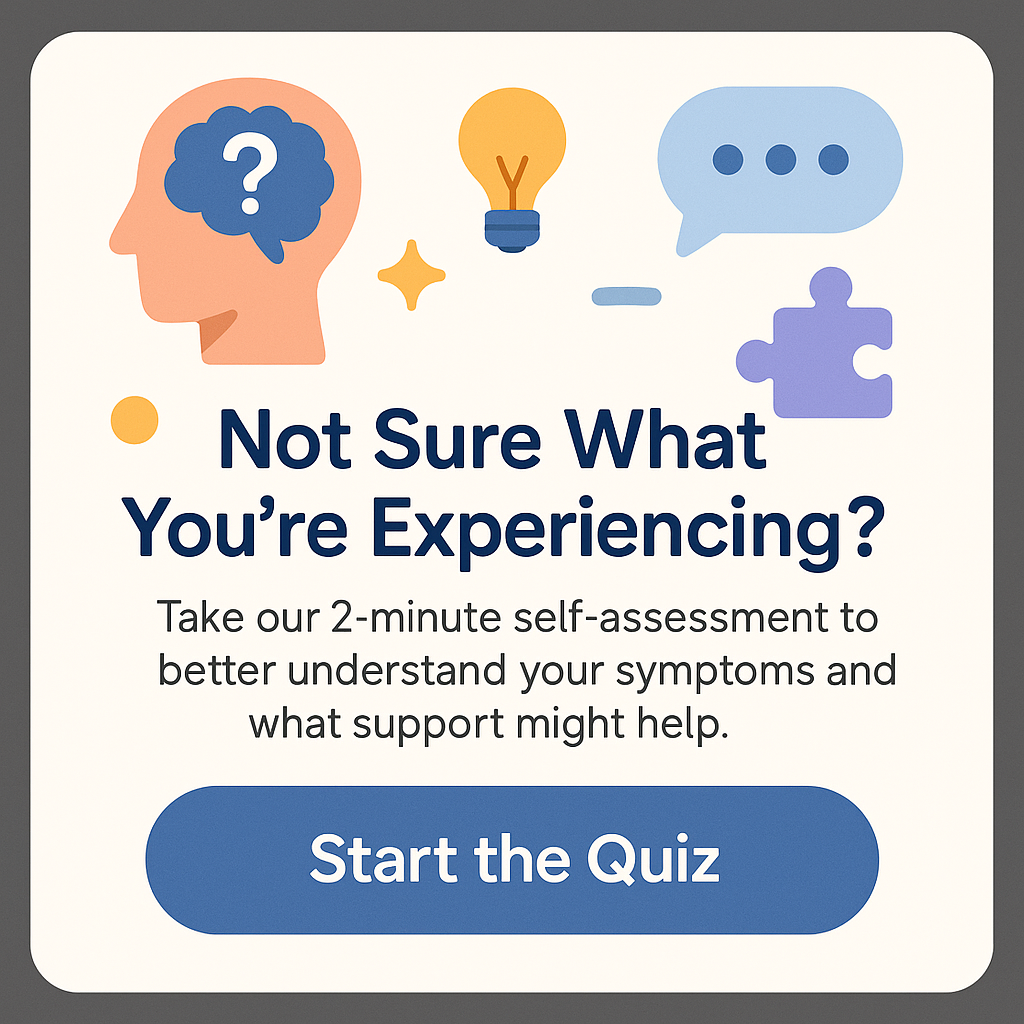Can Autism Live Normal Life? Understanding Potential and Support
Can autism live normal life? This question weighs heavily on the minds of many families and individuals navigating the complexities of autism spectrum disorder (ASD). Autism is a neurodevelopmental condition that affects how individuals perceive the world, engage with others, and respond to social cues. Yet, despite the challenges often associated with autism, countless individuals lead fulfilling lives enriched with purpose, ambition, and joy.
In today’s discussion, we’re diving deep into the multifaceted realm of autism, exploring how an individual on the spectrum can craft their own path towards a so-called ‘normal’ life. With supportive therapies, understanding communities, and consistent personal endeavors, many individuals with autism are finding ways to thrive, leading lives that are indeed normal for them. Let’s unravel how fostering a supportive environment can change the narrative around autism and pave the way for a brighter future.
Understanding Autism Spectrum Disorder
To truly grasp the question, “Can autism live normal life?”, we must first understand what autism is. Autism Spectrum Disorder encompasses a range of conditions characterized by challenges in social communication, restricted interests, and repetitive behaviors. It’s essential to recognize that autism is a spectrum; this means individuals experience varying degrees of symptoms and abilities.
Some individuals may need substantial support throughout their lives, while others might require little to no support as they grow and mature. This variability is a critical factor in understanding how autism interacts with daily living. Children diagnosed with autism may show symptoms in different ways. For example, one child might struggle with verbal communication but excel in mathematical skills, while another might have strong social skills yet face challenges with sensory processing.
Growing awareness and advocacy have led to significant improvements in therapies tailored to the needs of individuals with autism. Early intervention is instrumental, as therapies tailored to enhance communication, behavioral skills, and social interactions can result in a more favorable outlook in terms of developing independence and achieving personal goals. As we delve further, let’s examine how these therapies and supportive practices contribute to answering whether autism can live a normal life.
Therapies and Strategies for Leading a Fulfilling Life
One of the most enlightening aspects of discussing whether autism can live a normal life is the wealth of resources and strategies available today. From behavioral therapies to social skills training, numerous interventions can assist individuals on the spectrum in navigating everyday challenges and pursuing their aspirations.
Behavioral Therapies
Behavioral therapies, such as Applied Behavior Analysis (ABA), have proven effective in supporting autistic individuals. ABA focuses on reinforcing desirable behaviors while reducing those that may be harmful or counterproductive. Through this approach, individuals can learn essential life skills, improve communication, and develop better social interactions.
Research has demonstrated that early and consistent ABA therapy can lead to significant improvements, allowing many individuals to integrate more seamlessly into educational environments and eventually workplaces. However, it’s important to recognize that ABA is not one-size-fits-all. It’s crucial for families to work closely with therapists to tailor the approach to suit their child’s unique needs and preferences.
Social Skills Training
Social skills training is another critical component in answering the question, “Can autism live normal life?” Many autistic individuals struggle with understanding social cues and engaging in reciprocal conversations, leading to feelings of isolation. Programs designed to enhance social skills can significantly improve interactions with peers and adults alike.
These training sessions may include role-playing different social scenarios, practicing conversation starters, or understanding non-verbal cues such as body language. Helping individuals develop these skills can lead to building friendships, engaging in social activities, and experiencing a greater sense of community—an essential aspect of living a fulfilling, normal life.
Inclusive Environments and Community Support
The environments we belong to play a significant role in answering the question of whether autism can live a normal life. When schools, workplaces, and communities foster inclusivity and understanding, autistic individuals have a greater chance of thriving.
Inclusive Education
Education systems are making strides toward inclusivity by creating specialized programs within mainstream classrooms. These programs support students with autism by providing tailored educational strategies, making learning more accessible. Educators trained in understanding autism are crucial in facilitating an inclusive environment, as they can adapt their teaching methodologies and create a safe, supportive classroom atmosphere.
Moreover, schools that promote peer mentorship programs can unite neurotypical and autistic students, allowing them to learn from each other. Through these interactions, not only do autistic individuals gain supportive friendships, but neurotypical peers also develop empathy and understanding. Such initiatives create a more inclusive society where the narrative around autism is changing for the better.
Community Involvement and Advocacy
Community support on a larger scale is equally important. Organizations that advocate for autism awareness and acceptance play a significant role in changing public perception. These organizations help raise awareness, provide resources for families, and create community events designed to foster engagement.
Community centers that offer classes or activities designed for autistic individuals can enhance social skills while contributing to an individual’s sense of belonging. When communities actively engage in celebrating neurodiversity, it allows all individuals—regardless of their abilities—to be accepted and appreciated for who they are.
Personal Endeavors and Self-Advocacy
As we explore the prospects of whether autism can live a normal life, it’s vital to recognize that personal effort and self-advocacy can be game-changers. Individuals on the spectrum often have unique passions and develop skills that can propel them into fulfilling careers or hobbies, thus shaping their identities further.
Embracing Personal Interests
One of the often-overlooked aspects of living with autism is the potential for individuals to engage deeply with their interests. Many autistic individuals exhibit intense focus on specific subjects, leading to expertise in areas such as technology, art, music, or mathematics. Encouraging these passions can facilitate growth and lead to potential career opportunities. By refining these interests, individuals can find joy and purpose.
Furthermore, finding communities or groups aligned with these interests can greatly contribute to building meaningful connections. For instance, someone passionate about technology may thrive in coding clubs, while an artist might flourish in local art classes or workshops.
Advocating for Rights and Inclusion
Self-advocacy is essential for any individual seeking agency over their lives—and this is particularly true for those on the autism spectrum. Teaching individuals how to express their needs and rights boldly fosters confidence and empowerment. Self-advocacy groups can connect individuals with mentors who have navigated similar experiences, providing guidance and support.
As autistic individuals advocate for themselves in educational or employment contexts, they help dismantle barriers to inclusion, shaping a society that recognizes their capabilities. Active self-advocacy not only enhances an individual’s quality of life but also inspires change within communities, leading by example.
Conclusion
So, can autism live a normal life? The answer is a resounding yes, with the right blend of support, understanding, and opportunities. Each person with autism is unique, bringing their own set of skills, passions, and challenges. By fostering environments that promote inclusivity, developing strong support systems through therapy and community involvement, and encouraging personal endeavors and self-advocacy, we can help individuals with autism navigate their paths toward a fulfilling life.
Ultimately, the notion of what constitutes a ‘normal’ life varies from person to person. By reevaluating our expectations and championing diversity, we can move society closer to a reality where everyone—autistic or otherwise—can find their place and thrive in their own unique ways. Let’s continue the conversation and break down the barriers that prevent individuals with autism from achieving the life they desire.
FAQs
1. Can adults with autism live independently?
Yes, many adults with autism can live independently, especially when provided with the right support and resources. Independence often depends on the individual’s skills, support systems, and life experiences.
2. What types of careers can individuals with autism pursue?
Individuals with autism can excel in various careers, particularly those aligned with their interests and skills, such as technology, the arts, science, and trades. Many companies are now seeking neurodiverse talent, recognizing the unique perspectives values these individuals bring.
3. How can parents support their children with autism?
Parents can support their children by seeking early interventions, fostering social skills, advocating for their educational needs, and creating a nurturing home environment that celebrates their interests.
4. What is the importance of community support for autistic individuals?
Community support enhances the quality of life for autistic individuals by providing social opportunities, resources, and a sense of belonging. It helps create a supportive environment where people on the spectrum feel valued and included.
5. How does self-advocacy benefit individuals with autism?
Self-advocacy empowers individuals with autism to express their needs and preferences, leading to better quality of life and increased independence. It encourages autonomy and shapes a more inclusive society.
Is Autism a Disability? Understanding the Spectrum
What is Level 1 Autism? Understanding the Nuances and Support
Could I Be Autistic and Not Know It? Understanding Hidden Autism







